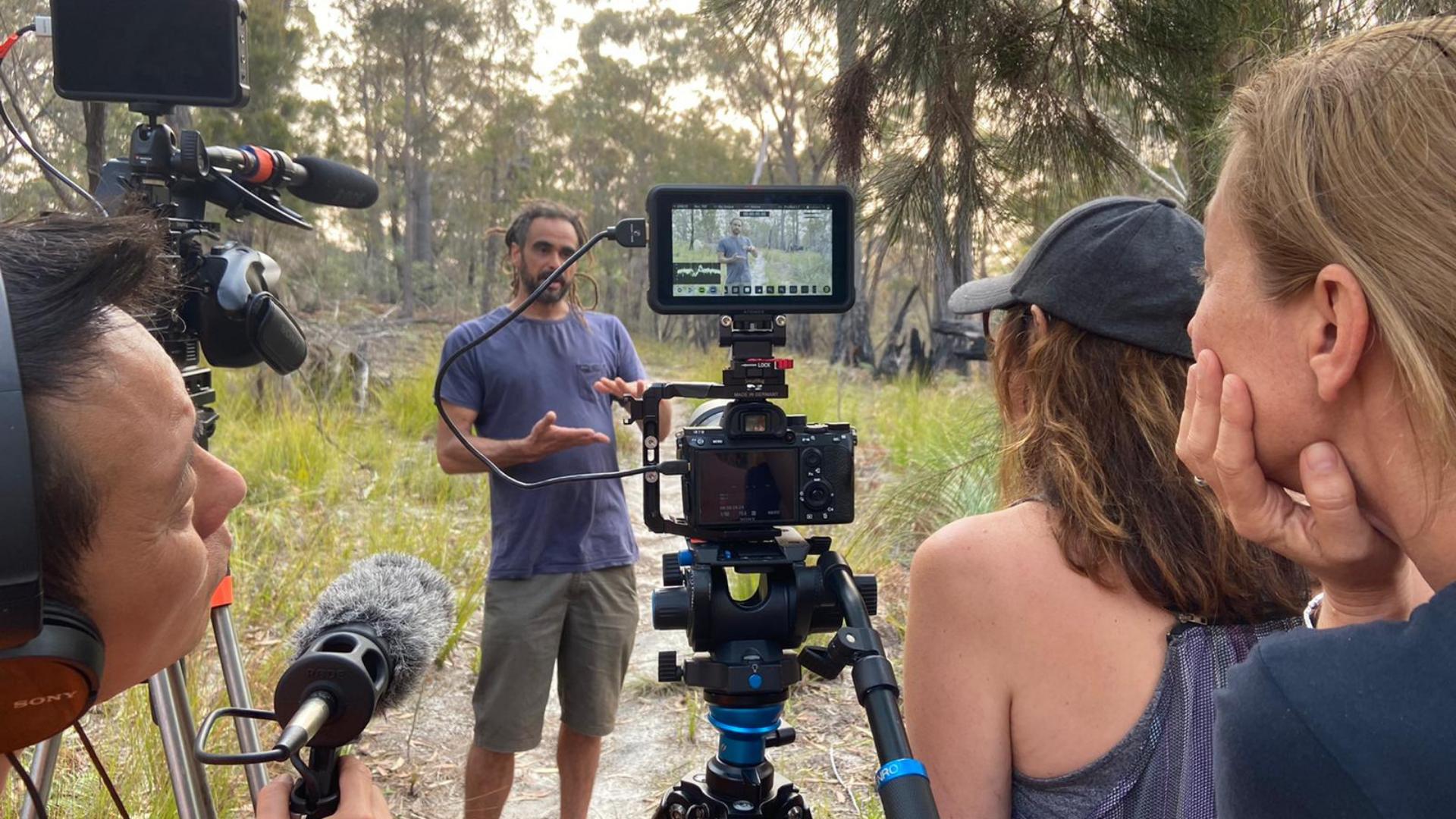
The unprecedented bushfire crisis that struck Australia during the 2019-2020 summer sparked numerous controversies and its abnormality revealed underlying major issues with bush management and Australia’s part in contributing to global warming.
The nationwide disaster inflamed by years of drought, drier fuel, unusually high temperatures and severe winds, was the worst in world history.
As the population is faced with devastating losses, a number of questions arise:
Could more hazard prevention methods have been implemented in order to reduce the severity of natural disasters? If so, would these have been effective?
Could it have been beneficial to reintroduce traditional fire management techniques stemming from Aboriginal cultures? By adopting these practices, could future generations look forward to an Australia of regenerated wildlife and healthy landscapes?
Experts in politics, ecology and land management stress the importance of adjusting to the new reality of extreme weather conditions and most importantly adopting methods to reduce global warming. Can our past save our future?
- Year2021
- Runtime52 minutes
- LanguageEnglish
- CountryAustralia
- RatingThis film has been exempt from classification and is restricted to people over 15 years. People under 15 must be accompanied by an adult.
- NoteAWARDS: Best Australian Feature film Nominee MDFF, Winner Audience Choice Melbourne Documentary Film Festival 2021, Winner People s Choice Filmambiente film festival Brazil 2021, Winner Excellence Award Nature Without Borders Film festival 2021
- DirectorSandrine Charruyer and Sophie Lepowic (Co-Director)
The unprecedented bushfire crisis that struck Australia during the 2019-2020 summer sparked numerous controversies and its abnormality revealed underlying major issues with bush management and Australia’s part in contributing to global warming.
The nationwide disaster inflamed by years of drought, drier fuel, unusually high temperatures and severe winds, was the worst in world history.
As the population is faced with devastating losses, a number of questions arise:
Could more hazard prevention methods have been implemented in order to reduce the severity of natural disasters? If so, would these have been effective?
Could it have been beneficial to reintroduce traditional fire management techniques stemming from Aboriginal cultures? By adopting these practices, could future generations look forward to an Australia of regenerated wildlife and healthy landscapes?
Experts in politics, ecology and land management stress the importance of adjusting to the new reality of extreme weather conditions and most importantly adopting methods to reduce global warming. Can our past save our future?
- Year2021
- Runtime52 minutes
- LanguageEnglish
- CountryAustralia
- RatingThis film has been exempt from classification and is restricted to people over 15 years. People under 15 must be accompanied by an adult.
- NoteAWARDS: Best Australian Feature film Nominee MDFF, Winner Audience Choice Melbourne Documentary Film Festival 2021, Winner People s Choice Filmambiente film festival Brazil 2021, Winner Excellence Award Nature Without Borders Film festival 2021
- DirectorSandrine Charruyer and Sophie Lepowic (Co-Director)